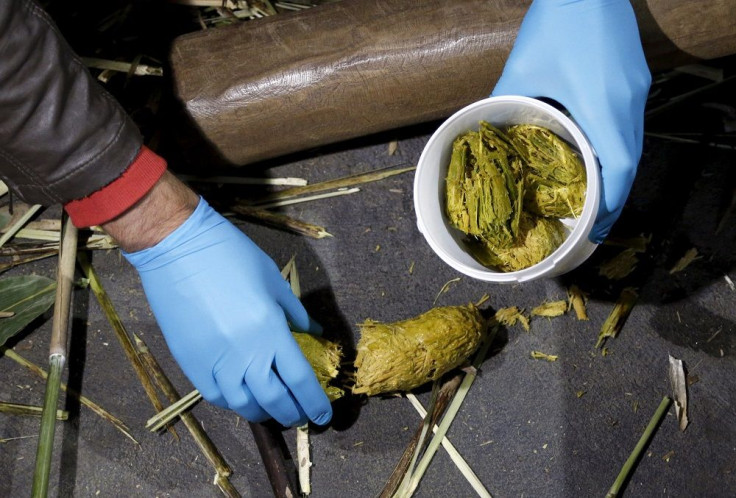UCLA scientists developing biofuels made from human poo

Human faeces, in its natural form, has long been used in China as fertiliser. As researchers try to utilise poo beyond agriculture to enrich the soil, an officer of Mars Foundation announced in 2013 plans to use poo to protect earthlings bound for the Red Planet in 2018 from radiation.
Now, University of California, Los Angeles (UCLA), researchers are also studying the use of the human faeces as biofuels to power cars. David Wernick, graduate student of UCLA, notes that poo is an untapped resource that only gets flushed in toilets.
In the US alone, counting animal manure, more than 1 billion tonnes of poo are produced yearly. But Wernick and his colleagues are also trying other materials to produce new kinds of biofuels such as sewage waste, plant matter, cellulosic matter and carbon dioxide from the atmosphere, reports Gizmodo.
Current liquid fuels in the market, made up of aviation gas, diesel and gasoline, are hydrocarbon compounds that came from crude oil which is currently in abundant supply at low prices. Current biofuels, such as ethanol derived from corn, finds it difficult to compete with liquid fuels because ethanol corrodes metal pipes, making it incompatible with mechanical components of vehicles which would need modification to run cars.
The UCLA team plans to engineer the bacteria in human waste by breaking down the proteins in excrement and other waste rich in protein such as wastewater algae and byproducts from the fermentation of beer, ethanol and wine. Wernick believes that the re-engineered bacteria, when it uses the protein to produce poo-based biofuels, would result is the vehicle running without a need to adjust its automotive parts.
In 2015, scientists from Ghent University in Belgium, led by Biochemical and Microbial Technology professor Korneel Rabaey, studied panda waste to understand how the animal digests tough bamboo in their quest to also develop new biofuels. In searching for the new enzymes that could be used to degrade tough biomass, the researchers hope to discover new and cheaper ways to produce second-gen biofuels from plants and biomass, such as corn stalks, which are not consumed by humans, reports Reuters.





















